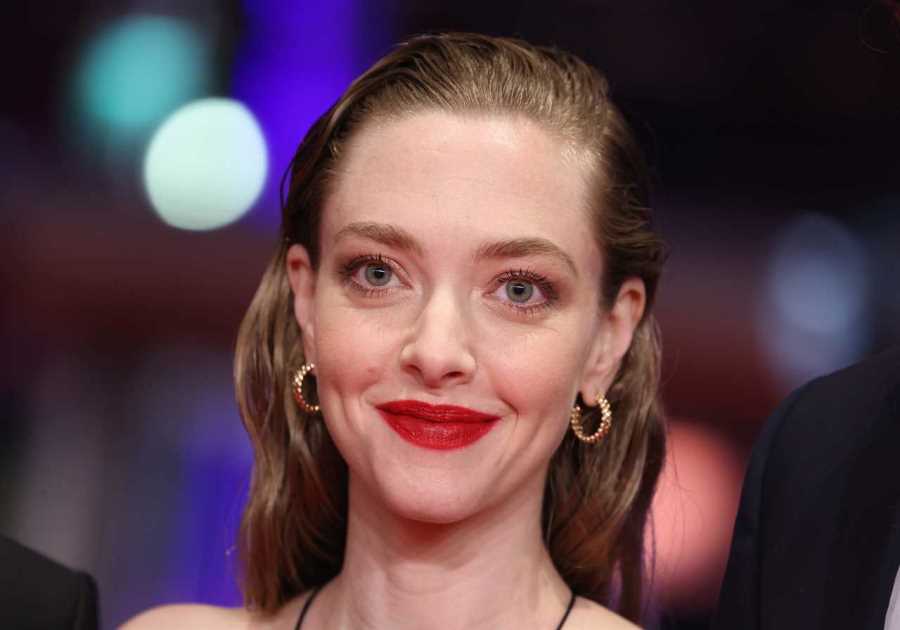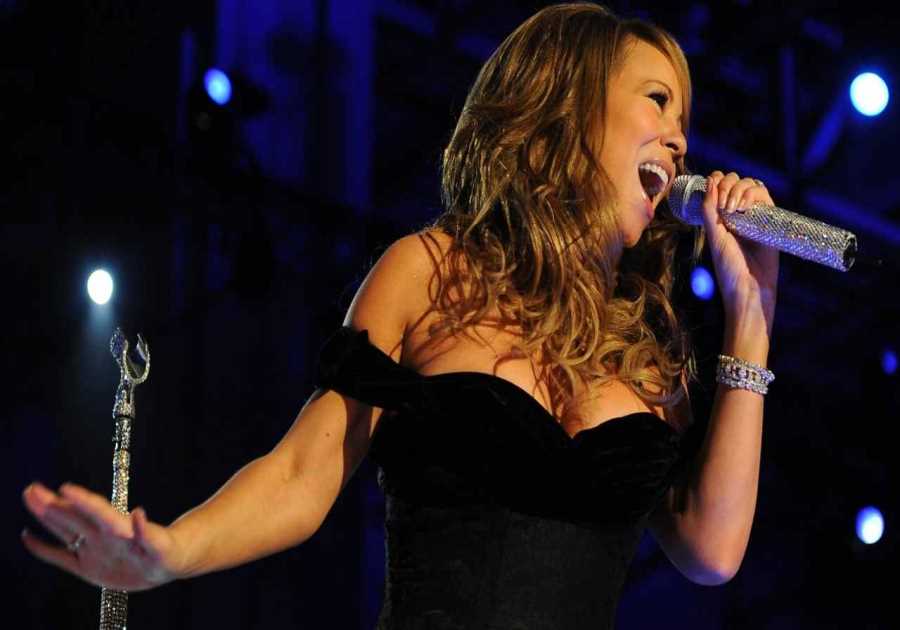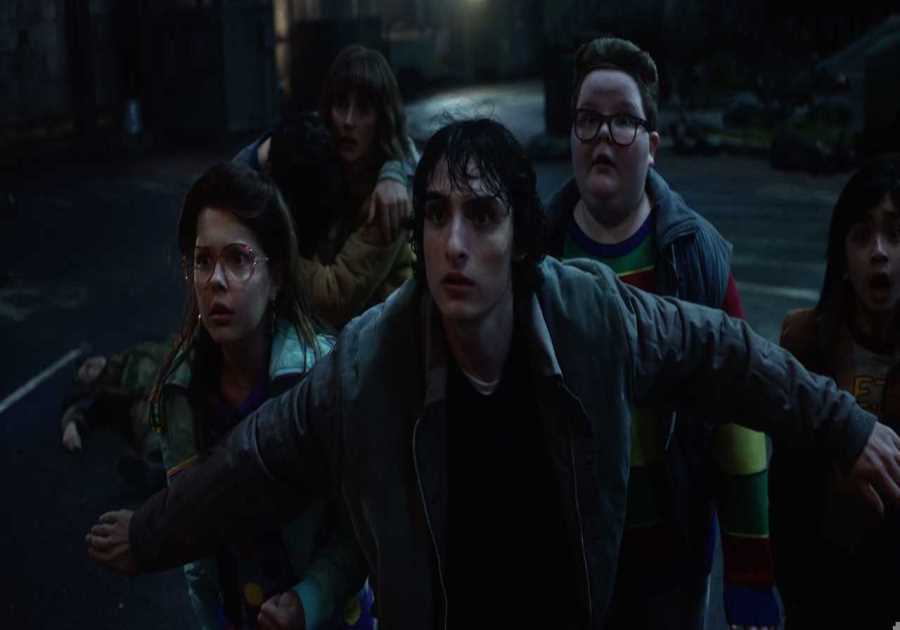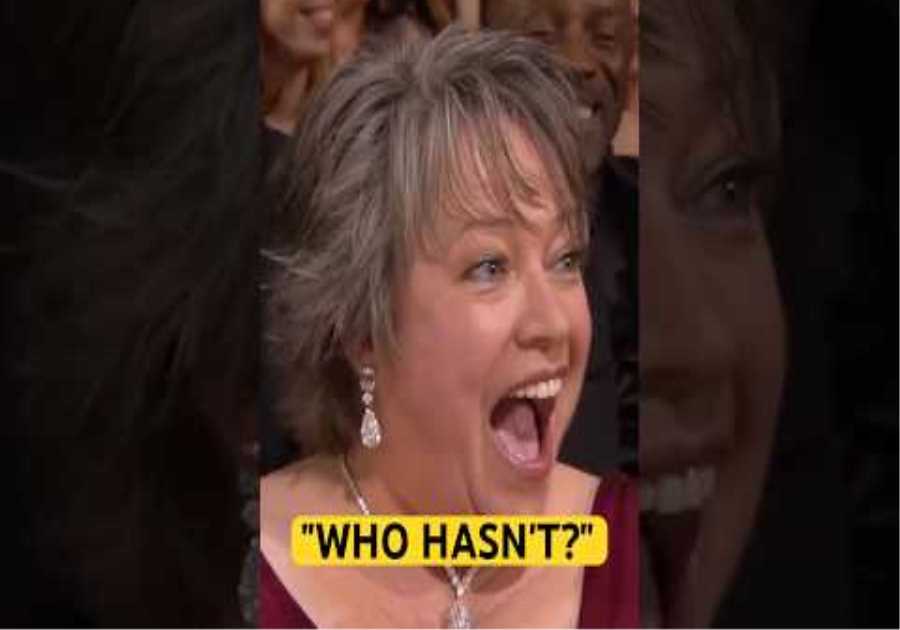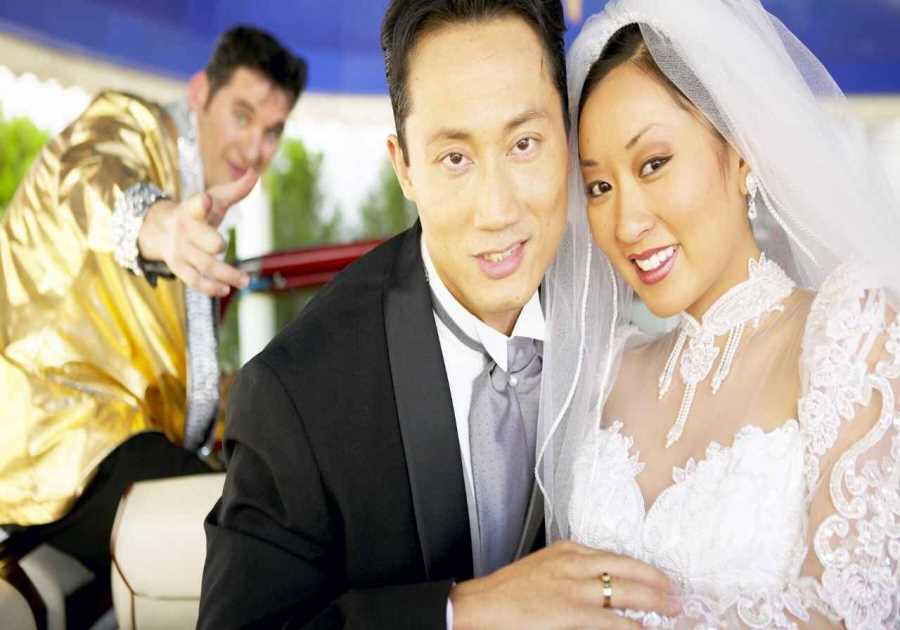The recent season finale of Marvel’s Loki proved something that was becoming increasingly apparent as the episodes went on and made abundantly clear by the end: This was no longer Loki’s show. A fantastic opening that delivered one of the more heart-wrenching character beats in the series made way for mountains of exposition meant to pave the way for the complex multiverse and an impending Big Bad. The great performances and visual splendor simply masked a problem that may only persist as the MCU movies and shows continue. The universe as a whole is becoming increasingly larger than the characters. As a result, each new entry will most likely have the heroes fighting their greatest foe – exposition. If you’re like me this will make you long for the earlier days of the MCU, and how one special series of movies—the Iron Man trilogy—perfectly exemplified why there should always be a place for concise, character-driven storytelling free from the pressure of world-building.
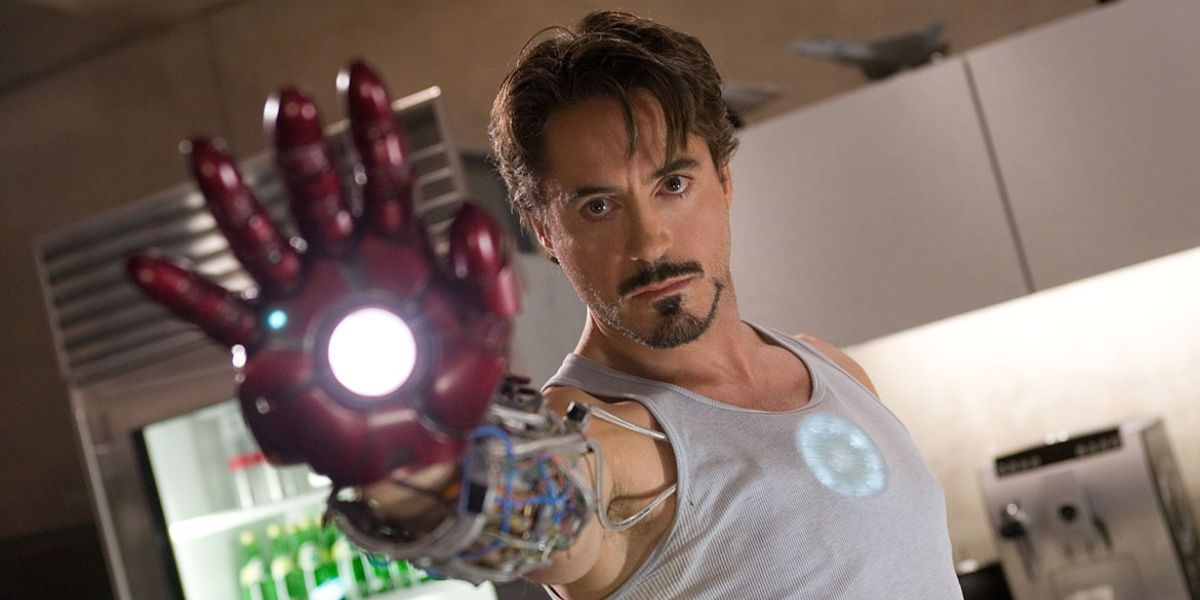
In the ten years leading up to his sacrifice play in Avengers: Endgame, Tony Stark a.k.a Iron Man (Robert Downey Jr.) was arguably the key fixture of the Marvel Cinematic Universe – kicking the whole thing off with his solo movie in 2008. As each of his movies followed and the prospect of a larger cinematic universe of characters grew, there was still no question who and what was the central focus of his movies. By getting on the ground floor early before the Marvel brand itself became the true star, Stark got to experience something that – as the universe gets bigger and more characters become part of it – few characters possibly ever will: A singular series of stories that rank the storytelling of the title character far above the demands of an expanding cinematic universe.
Looking back at all the individual Iron Man movies, you’ll see that their links to the greater MCU are, at most, minimal. The first features Phil Coulson (Clark Gregg) lingering about and having to say the full title of S.H.I.E.L.D. – and then Nick Fury (Samuel L. Jackson) drops his big reveal in an end credits tack-on. Then Iron Man 2 – the movie with the biggest series link – still only features players like Fury, Coulson, and Natasha Romanoff/Black Widow (Scarlett Johansson) as window dressing. They’re just there to literally babysit Stark as he enters hero mode and navigates his own issues. Then comes Iron Man 3, which stands as one of Marvel’s best solo sequels in that it simply used the events of The Avengers to springboard into yet another Stark-centric story, which did nothing to pave the way for the MCU as a whole and focused on him stepping further away from the role as Iron Man, realizing he could do as much good for the world as Tony Stark.
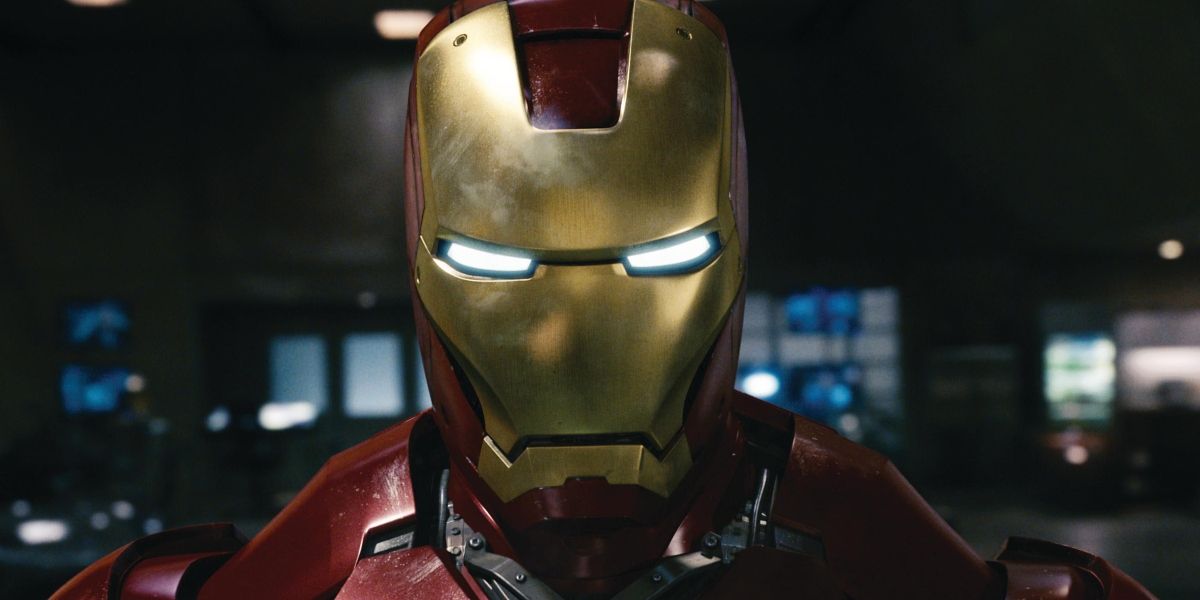
The core takeaway from all these movies is that Stark is the main focus, with side characters there to emphasize what means the most to him, but with nothing else plot-wise to distract from his journey in the name of establishing more to come. The stakes are low-key, the villains are defeated in the end, and the big result is that Stark has grown as a person in tangible ways that can be linked to the rest of his series arc. Even as soon after Iron Man 3 with the MCU entry that followed – Thor: The Dark World (which, even though Thor 1 & 3 did a good job exploring the character, seemed to operate more as an intro to the Reality Stone) – you’d be hard-pressed to find movies that operate on the same level of singular storytelling than the Iron Man movies. If the characters are important, so too are the items they have to find/events that occur that will shape future entries to come.
To be clear, Marvel has indeed done an incredible job blending solo outings with world-building. Captain America: The Winter Soldier took Steve Rogers down a path that shaped his worldview forever – while also handling the fall of S.H.I.E.L.D. Guardians of the Galaxy introduced numerous soon-to-be fan favorites and treated them with respect – while also introducing Josh Brolin’s Thanos and the Infinity Stone of Power. There are even strong, contained “solo” movies (Ant-Man, Guardians 2, Black Panther) that operate very much in their own space, and work all the better for it.
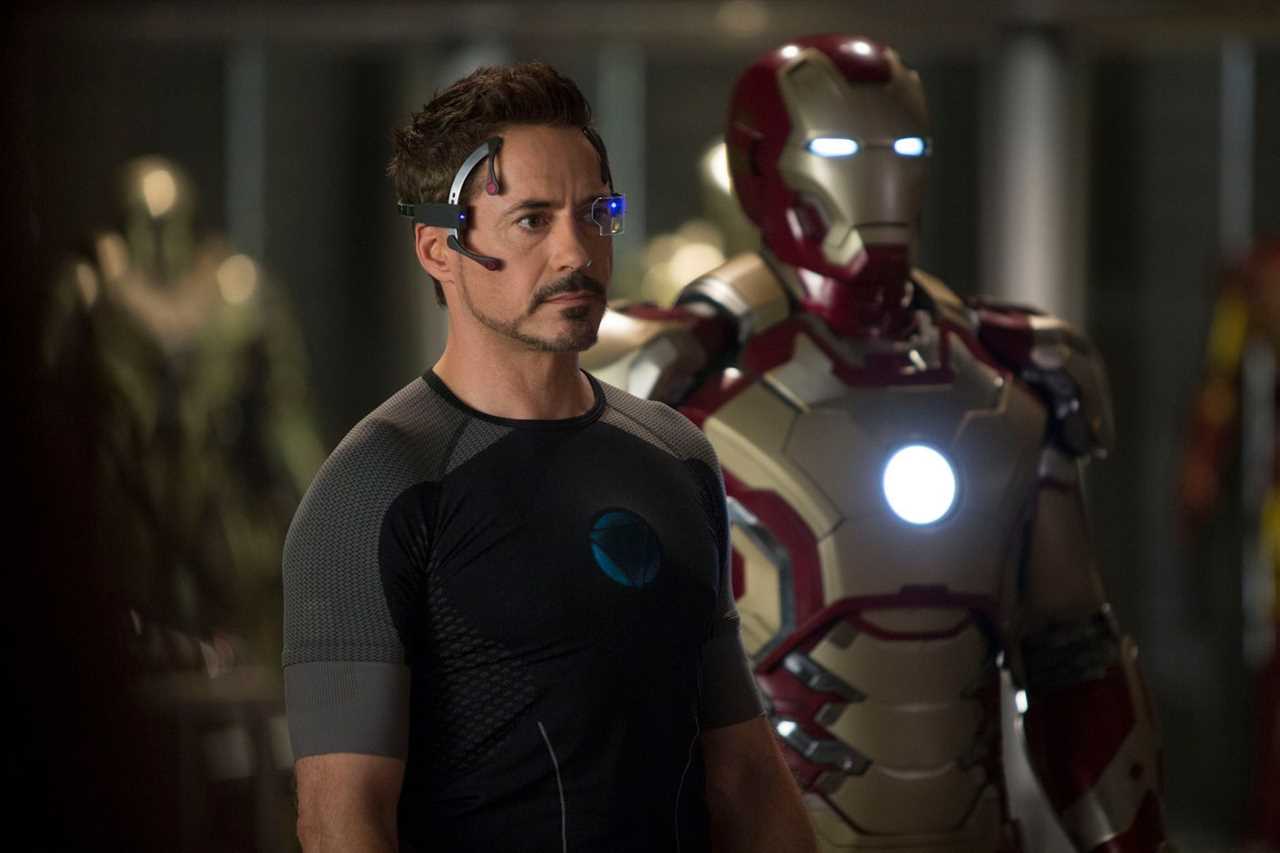
However, as we’ve already seen, characters who did have strong solo outings can eventually be used to further the greater MCU plot. Civil War is essentially Captain America 3, Avengers 2.5 and even Iron Man 4 rolled up into one. Ant-Man and the Wasp is all about establishing the Quantum Realm. The Spider-Man movies can’t advance Peter Parker (Tom Holland) without sticking to the shadow of Tony Stark. Even Captain Marvel is just as much about a younger Nick Fury and pre-Avengers S.H.I.E.L.D. and the Skrulls as it is about Carol Danvers (Brie Larson). These are by no means bad movies, and even they can make the case for Marvel’s ability to blend singular storytelling with world-building. But it’s also becoming increasingly harder to see the characters through the trees. For every major plot point that needs to have ramifications on the MCU going forward, there’s little else that keeps the title character in full view. When people leave the theater, odds are they’ll be discussing theories as to what comes next and less about the title hero whose movie or show they just watched.
Nothing hints more at where the Phase of Marvel is heading than the lineup itself. Spider-Man: No Way Home, Doctor Strange and the Multiverse of Madness, Ant-Man and the Wasp: Quantumania, The Marvels, and Thor: Love and Thunder all feature numerous MCU heroes and/or deal heavily with the expanding universe, sure to make fans theorize about just where the series is going. Obviously, it remains to be seen how the characters themselves will be handled when these movies come out, but where some (namely Doctor Strange and Captain Marvel) would benefit from some low-key, concise adventures that draw us more into who they are as people, the cast lists alone hint the movie itself is bigger than they are.
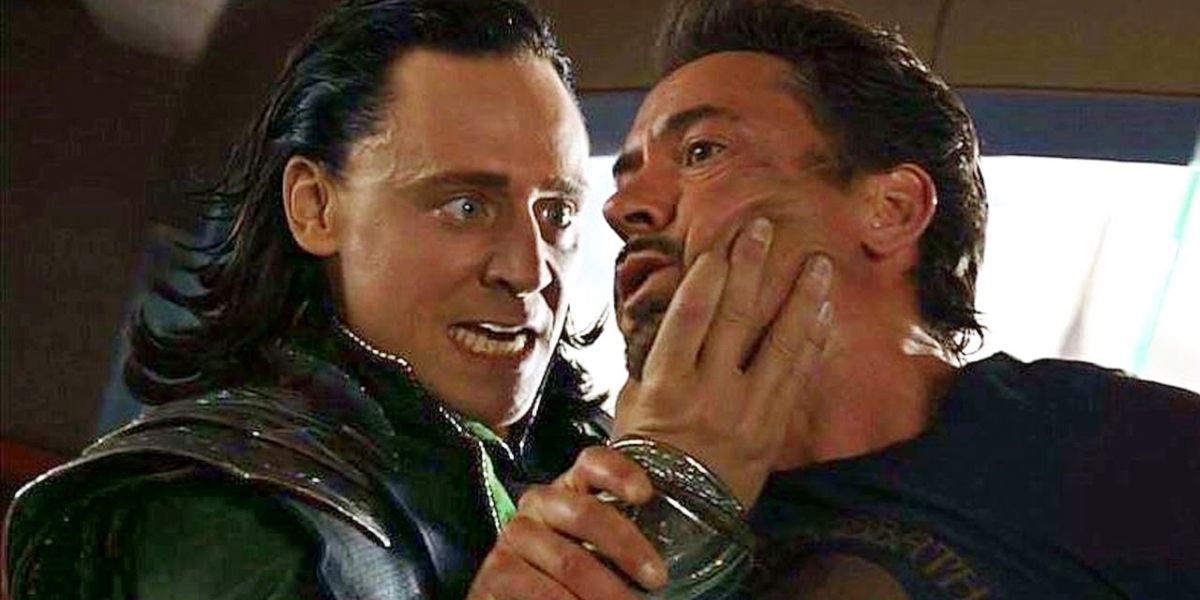
Even longtime series vets Loki and Black Widow have already felt the sting of fighting for attention in their own long-overdue solo outings. An alligator version of Loki got more attention than Tom Hiddleston’s, and Widow walked the tightrope of singular storytelling (bringing Nat back to her manufactured family and resolving a traumatic part of her past) and being about introducing who will take her place (Florence Pugh as Yelena Belova). Of course, there is some hope that among all the world-building we will get less demanding, more impactful stories centering on core characters. This year's Shang-Chi and the Legend of the Ten Rings looks like it’s mostly doing its own thing out of the gate – so too does Eternals. Then there’s Black Panther: Wakanda Forever, which hopefully stays on the track of the first movie by staying more Wakanda-centric than MCU-centric, with its own compelling setting and cast of characters as the primary focus.
But regardless of how Marvel continues to handle their expanding universe, they should take the time to look back at what exactly made a character like Iron Man such a fan favorite. It wasn’t simply because of RDJ’s iconic performance and being “first” on the scene. It was because his movies took the time to emphasize he was someone worth showing out for. There were no cosmic cubes or drop-ins from Thor. When you watch an Iron Man movie, you watch it for him and the stories and people who shape them. Just because there’s no tease for something grander doesn’t make the character or the series as a whole less interesting. If anything, a strong, contained narrative can make the series stronger, because then the attachment to the character becomes stronger. The heroes are what made the MCU what it is today, not the cataclysmic events they’re thrust into.
-----------------------
By: Matt Rooney
Title: The Iron Man Movies Make the Case for a More Contained MCU
Sourced From: collider.com/iron-man-movies-best-mcu-story/
Published Date: Tue, 20 Jul 2021 15:28:06 GMT


